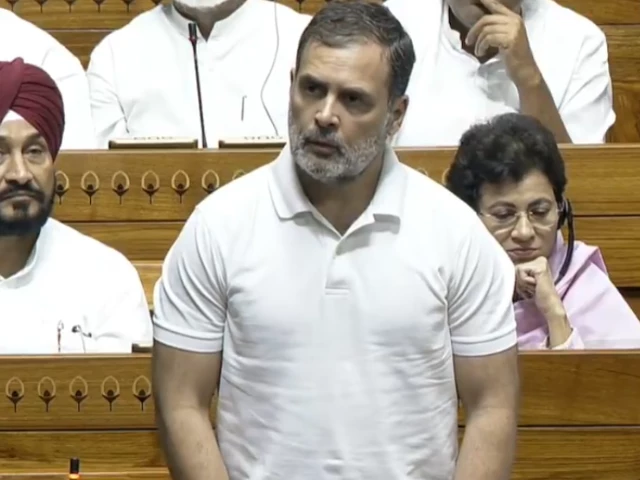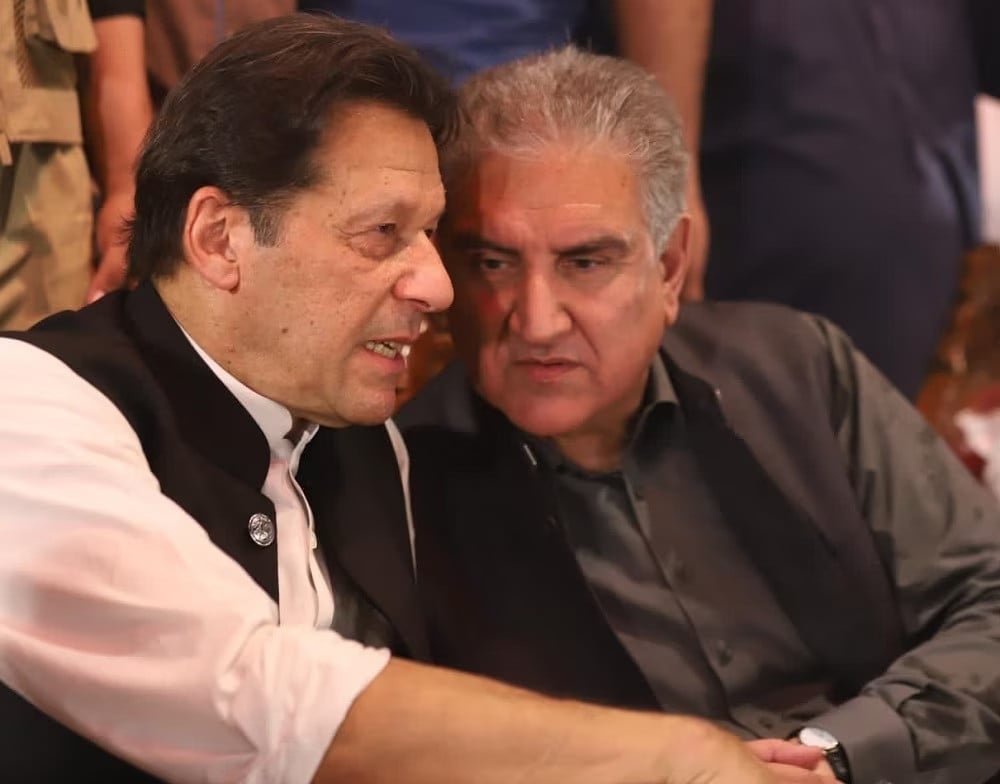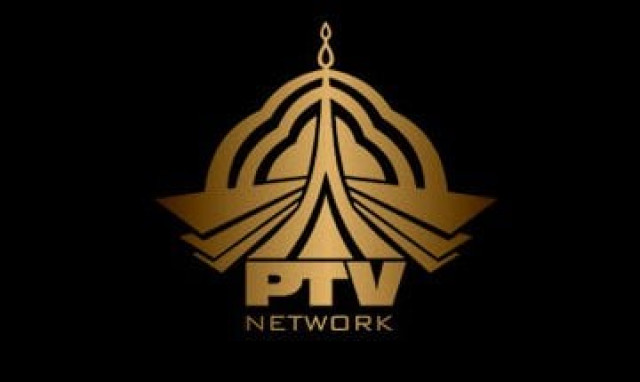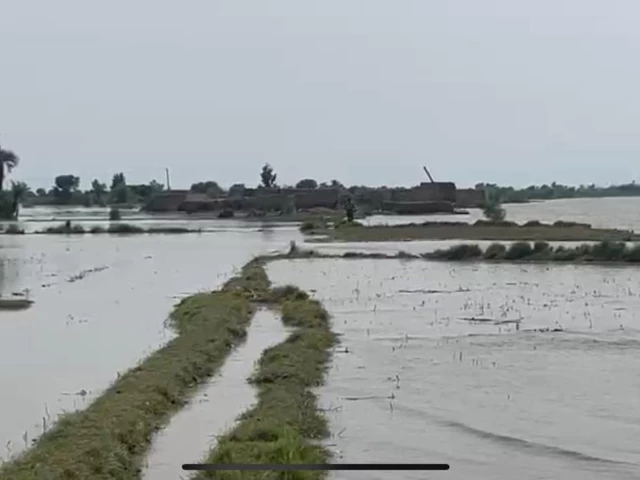Understanding the Recent Tensions Between India and Pakistan: A Closer Look
Tensions between India and Pakistan have been a prominent topic for decades, and recent events have once again ignited discussions. The exchange of heavy accusations and the fallout from military operations have left many wondering about the implications for both nations.
Recent debates in the Indian Parliament, particularly remarks by Congress leader Rahul Gandhi, have sharply criticized the government’s handling of Operation Sindoor. Gandhi accused Prime Minister Narendra Modi of attempting to safeguard his image rather than genuinely addressing the humanitarian consequences. He described the operation’s swift conclusion—an "immediate surrender" within just 30 minutes—and targeted Modi and Defence Minister Rajnath Singh for their lack of transparency.
It’s essential to consider the historical context here. The latest round of conflict was sparked by an attack in Indian Illegally Occupied Jammu and Kashmir (IIOJK) that claimed 26 lives, predominantly of tourists. This led to a military response from India, claiming that Pakistan was behind the assault, a charge Islamabad denies. The situation escalated quickly, leading to a four-day skirmish that ended only when US President Trump brokered a ceasefire.
Gandhi has pressed further, questioning the rationale behind the operations and highlighting a missed opportunity for diplomatic engagement. His pointed remarks about the timing and nature of the ceasefire call at 1:35 AM served to illustrate what he believes is a deeper issue of political will.
In the midst of all this, Gandhi raised an eyebrow at Modi’s stance on foreign relations, specifically regarding Trump’s claims of mediation. This has opened the door for broader discussions about how India’s foreign policy is being shaped and whether it effectively addresses the intertwining issues presented by Pakistan and China.
The perception of Indian military strength and its deterrent capabilities is another layer in this complex tapestry. With so much at stake, citizens have become more vocal about needing a leader who can navigate these geopolitical waters with both courage and clarity, reminiscent of past leaders like Indira Gandhi.
As tensions remain high, it’s essential to stay informed and engage in meaningful discussions about these significant issues. Being aware of the humanitarian implications and social narratives can foster a more nuanced understanding. If you wish to delve deeper into various topics affecting India today, consider connecting with communities that reflect on these important matters. Platforms like Pro21st provide a wealth of insights and resources that can expand your awareness and understanding of current events.
At Pro21st, we believe in sharing updates that matter.
Stay connected for more real conversations, fresh insights, and 21st-century perspectives.





